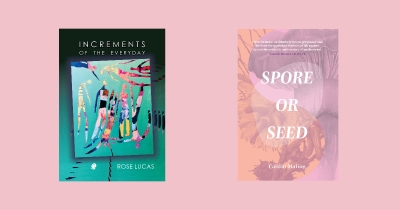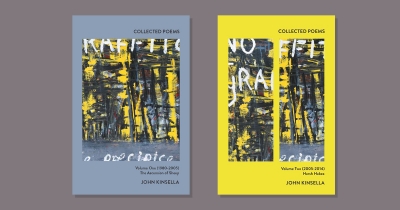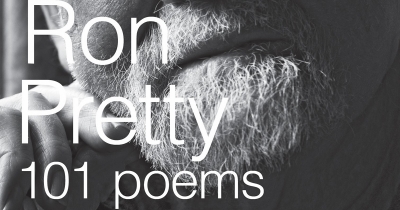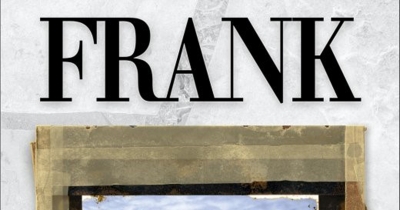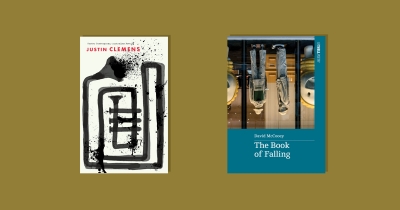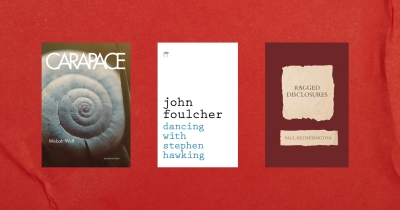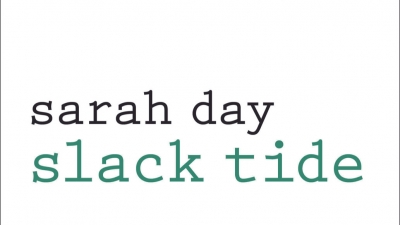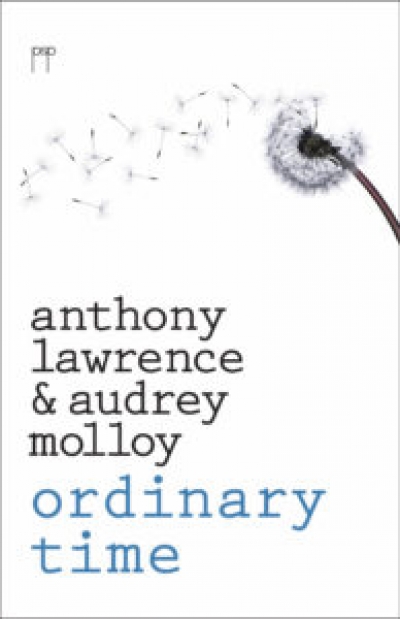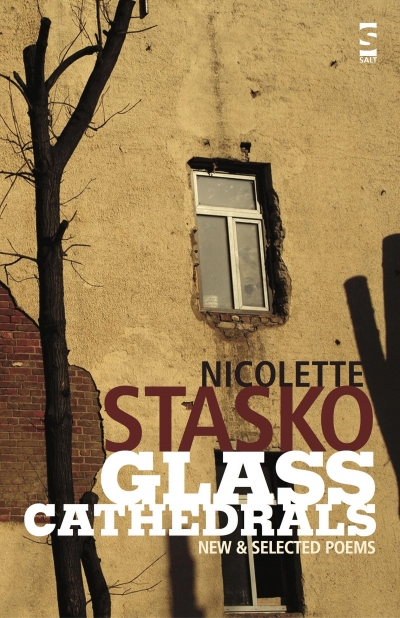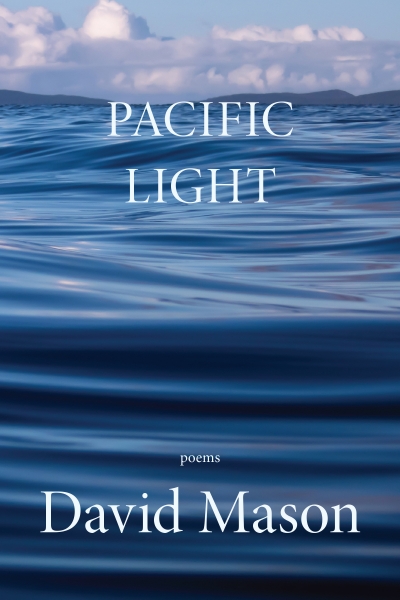Australian Poetry
Spore or Seed by Caitlin Maling & Increments of the Everyday by Rose Lucas
by Felicity Plunkett •
Collected Poems by John Kinsella & Collected Poems by John Kinsella
by John Hawke •
A Foul Wind by Justin Clemens & The Book of Falling by David McCooey
by Judith Bishop •
Ragged Disclosures by Paul Hetherington & Dancing with Stephen Hawking by John Foulcher
by Prithvi Varatharajan •
Glass Cathedrals: New and selected poems by Nicolette Stasko
by Adrian Caesar •

